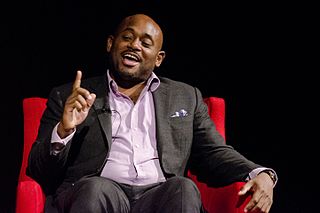A Quote by Stuart Hall
Popular culture is one of the sites where this struggle for and against a culture of the powerful is engaged: it is also the stake to be won or lost in that struggle. It is the arena of consent and resistance.
Related Quotes
The first step in liquidating a people is to erase its memory. Destroy its books, its culture, its history. Then have somebody write new books, manufacture a new culture, invent a new history. Before long that nation will begin to forget what it is and what it was... The struggle of man against power is the struggle of memory against forgetting.
Dare I speak ,to oppressed and opressor in the same voice? Dare I speak to you in a language that will move beyond the boundaries of domination- a language, that will not bind you, fence you in, or hold you? Language is also a place of struggle. The oppressed struggle in language to recover ourselves, to reconcile, to reunite, to renew. Our words are not without meaning, they are an action, a resistance. Language is also a place of struggle.
The economic class struggle is a struggle against inessanlty intensified exploitation: not only against the brutal material form of exploitation, capitalism's tendency to reduce wages, and against the class 'techniques' for increasing productivity... but also around the question of the technical-social division of labor that prevails om enterprises, and against bourgeois ideology and repression.
When artists and philosophers talk only amongst themselves, they ignore the potential of popular culture to become a variety of dialogues with and between everyday people. Its discourse may be productive of desire and pleasure, but popular culture is also a language in which people discuss politics, religion, ethics, and action.




































